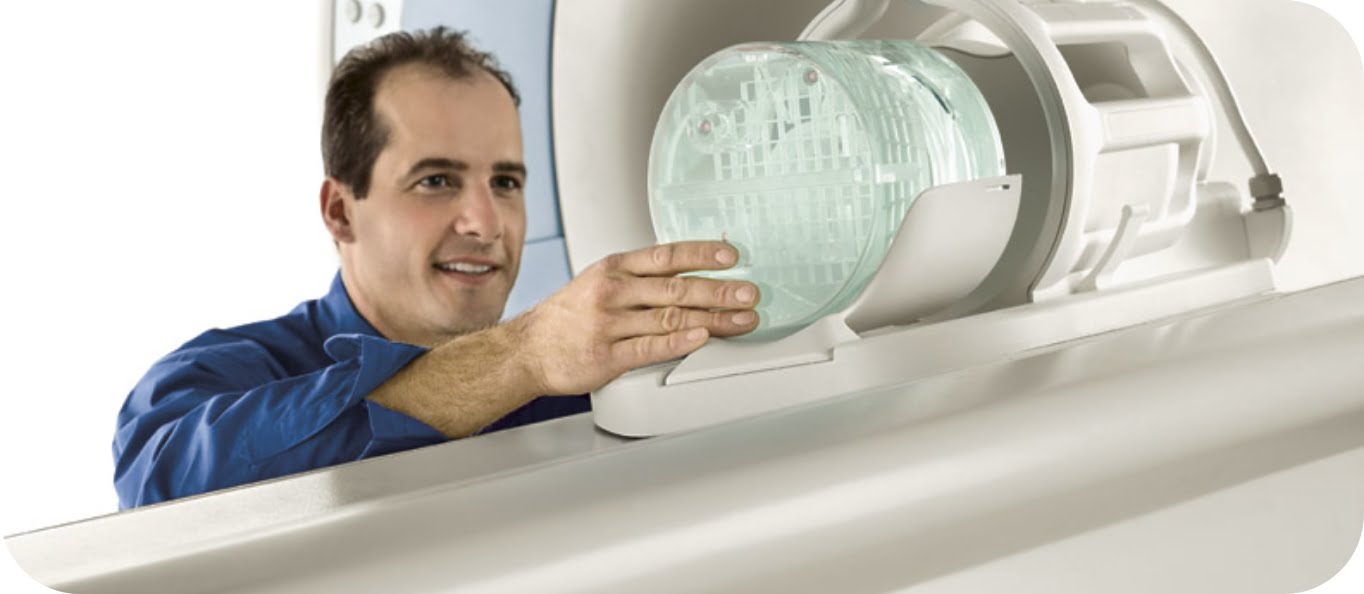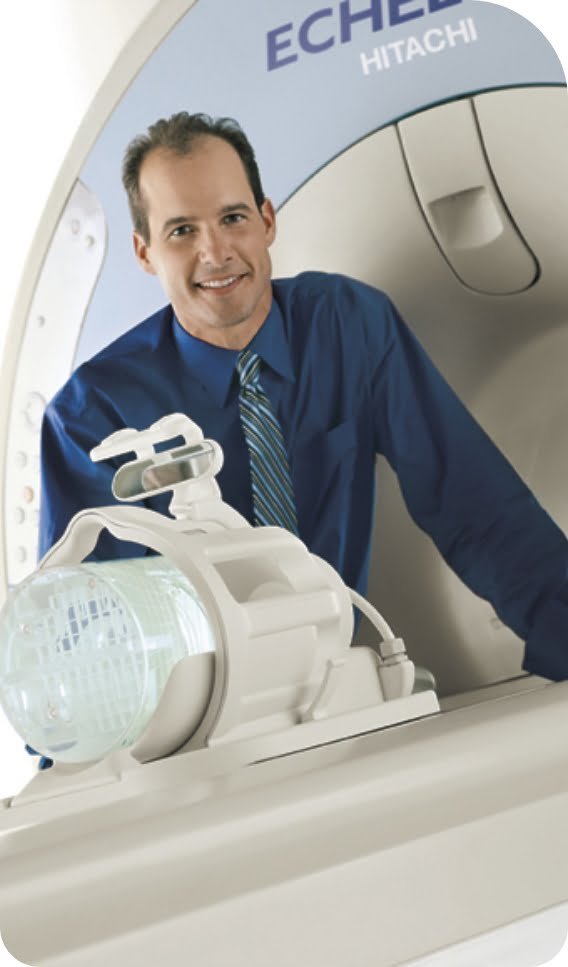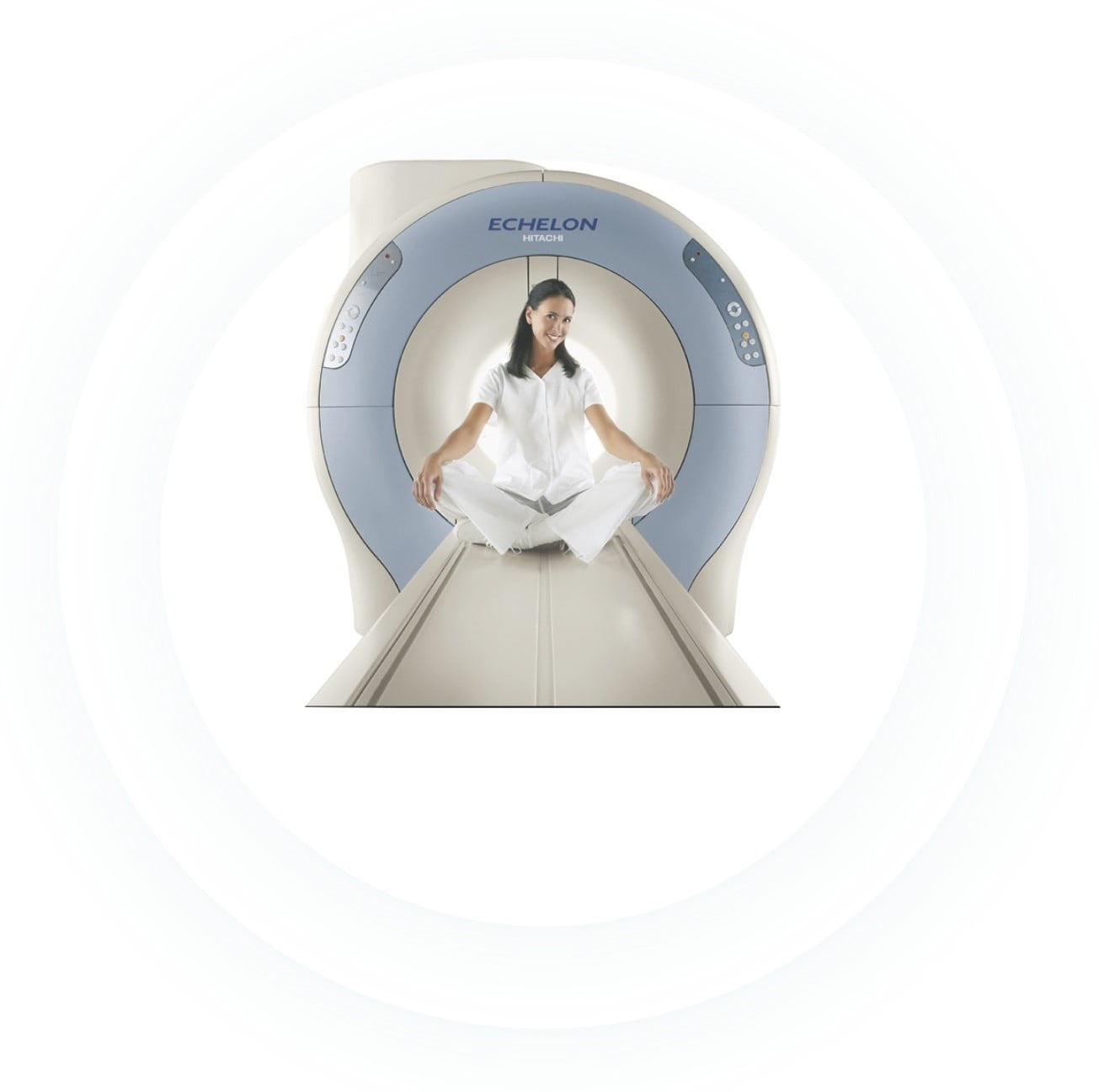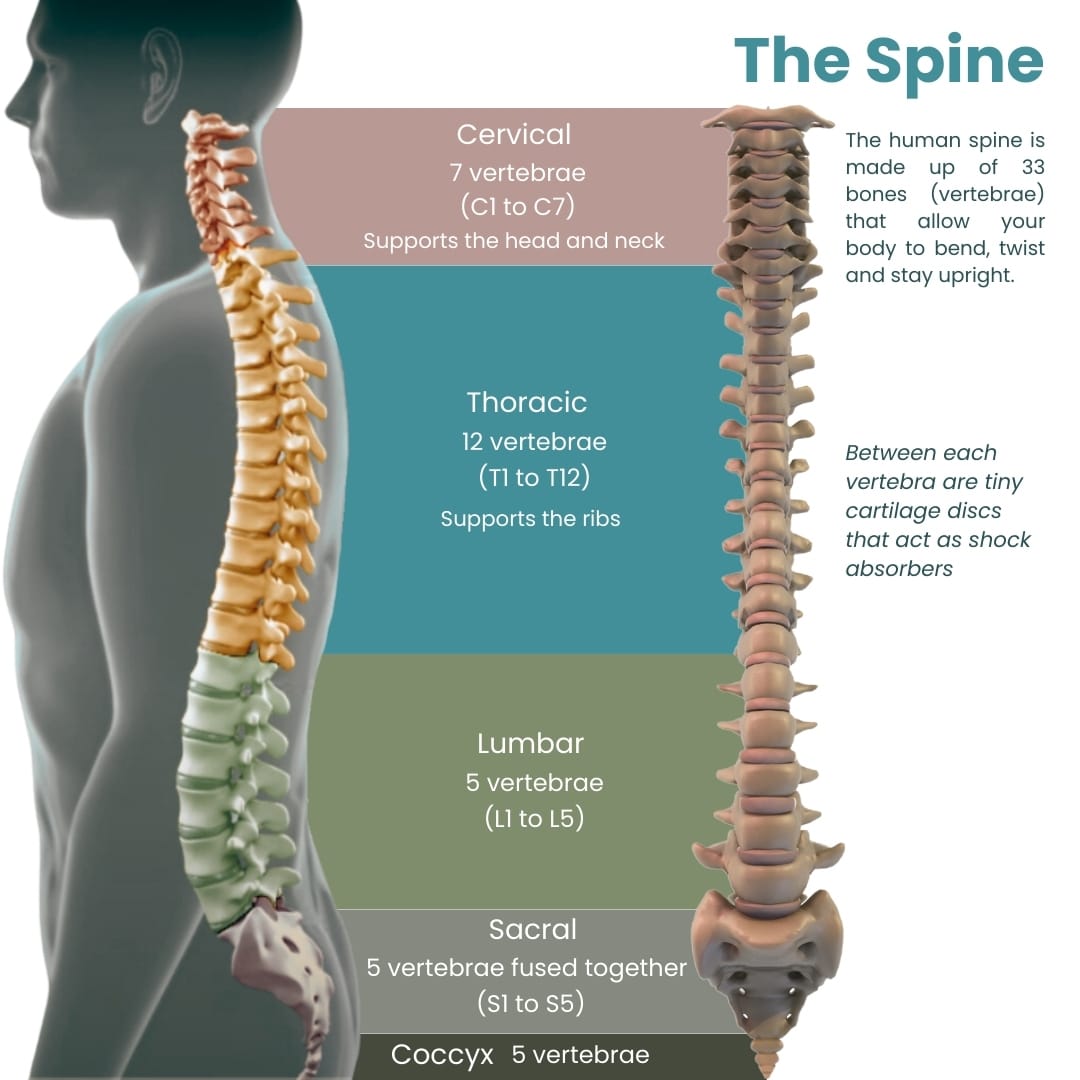Magnetic resonance imaging (MRI) is a pivotal, diverse diagnostic modality used to evaluate a range of morphological and functional targets. It is an exceptionally adaptable diagnostic instrument as well as a rich source of data for research on the mechanisms underlying both normal and abnormal physiological processes. These scans provide unmatched insights into the complex anatomy of this vital segment of the spine, ranging from structural abnormalities to infectious diseases of the spine. It is important to note that a wide variety of conditions can damage the spine, spinal cord tissue, or nerve roots and result in permanent paralysis or paraplegia (Lavi et al., 2018). If you’re searching for skilled medical professionals or orthopedic surgeons who focus on treating conditions associated with pain, such as sports injuries or neck and back problems.


Healthcare providers at Manhattan MRI can accurately diagnose and comprehend the nature of several medical disorders affecting the thoracic and mid-back region owing to the detailed images that are shown by thoracic and mid-back MRI scans. The differential diagnoses for pain-related disorders can include:

The convergence of artificial intelligence and imaging technologies presents a promising opportunity to improve diagnosis accuracy even further by facilitating a more effective interpretation of intricate imaging data. Every two to three years, our MRI technology is upgraded to ensure that patients will never be scanned using antiquated technology and will always receive the finest images in the quickest amount of time. With its cutting-edge facilities and patient-centered philosophy, Manhattan MRI is well-positioned to adopt these advancements and offer not only first-rate imaging services but also to further the larger goal of proactive and customized healthcare. Manhattan MRI continues to lead the way in this evolving healthcare environment because it is committed to providing superior diagnostic imaging services that go beyond the limitations of conventional medical imaging.
At Manhattan MRI, the experience of the patient is our top priority. Discover how your comfort, comprehension, and peace of mind are guaranteed throughout the thoracic and mid-back MRI procedure by our dedication to a patient-friendly approach. Patients can now explore how these scans provide unmatched detail, early detection capabilities, and a patient-friendly approach that eliminates the need for surgery or invasive interventions.

The cost of an MRI of the thoracic spine in Midtown Manhattan varies depending on the use of contrast and the availability of insurance coverage. Generally, the mid-back MRI cost ranges from $500 to $1,100, with the average price around $574.
Not only is patient feedback appreciated at Manhattan MRI, but it also plays a crucial role in determining our dedication to quality.
A. Viewpoints and experiences of patients contribute to ongoing service enhancements.
B. Patients’ insightful comments highlight commitment to understanding, compassion, and decency.
A. Commitment to creating a culture that values understanding, compassion, and decency.
B. Welcoming patient input to ensure everyone’s voice is heard.
Modern technology combined with a patient-friendly approach makes for a pleasant working experience that promotes comfort and well-being. These revolutionary results highlight how crucial thoracic and mid-back MRI is to transforming and improving patient experiences in the medical field.
The insights shared by patients underscore our dedication to fostering an environment that prioritizes clarity, empathy, and respect. In addition to the progress made in functional MRI (fMRI) to investigate brain activity, their capacity to produce three-dimensional images in real-time provides previously unattainable insights into the physiological and pathological features of the human body. The continual advancements in MRI technology will have a significant impact on research in the future. These advances will provide researchers and medical professionals with an effective tool to explore the intricacies of diseases, ultimately leading to more individualized and focused interventions.